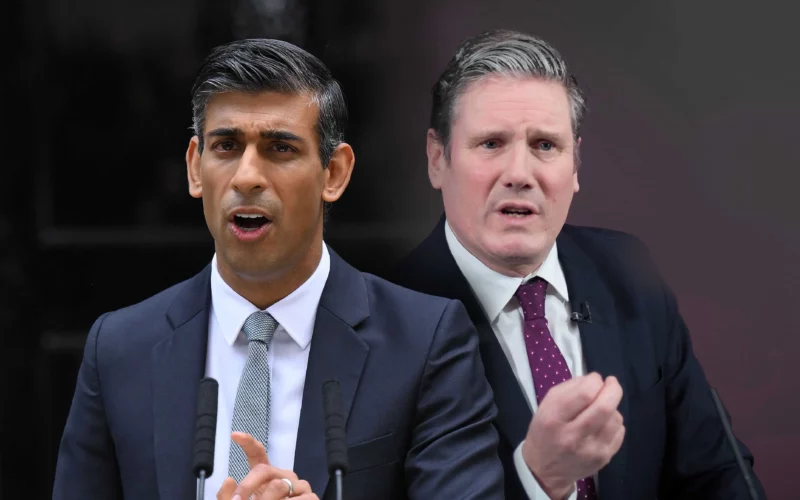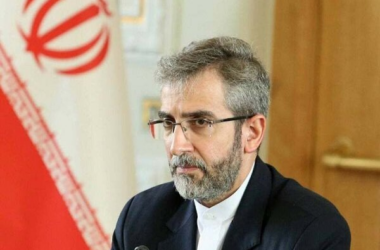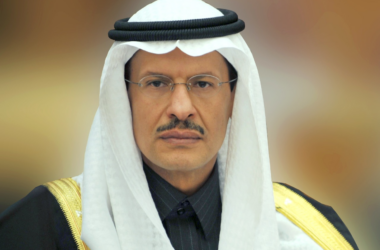Rishi Sunak, Chancellor of the Exchequer, has launched a critique against Keir Starmer, Leader of the Labour Party, over defense strategies, setting the stage for a pre-election clash.
During a comprehensive speech touching upon various electoral themes, the Prime Minister highlighted concerns that Starmer’s leadership would compromise the safety of the UK, contrasting it with the government’s defense commitments.
Sunak pledged to increase defense spending to 2.5% of national income by 2030, while Labour has indicated a similar target when circumstances permit.
Responding to Sunak’s comments, Starmer emphasized security as his foremost priority, accusing the Conservatives of diminishing the armed forces and mismanaging defense expenditures. He positioned the upcoming election as a choice between Labour’s vision and the perceived turmoil under Conservative governance.
Despite the Conservatives trailing behind Labour in polls, Sunak embarked on what seemed like the inaugural moves of an election campaign. He outlined a future marked by both peril and potential transformation, warning against threats from authoritarian regimes while championing advancements in technology.
In contrast to previous addresses emphasizing change, Sunak defended the Conservative government’s track record while projecting a vision for the future. He acknowledged imperfections in past governance but rejected Labour’s narrative of attributing all woes to Conservative rule.
Sunak also sought to distinguish himself as a leader of conviction, contrasting his steadfastness with what he perceived as Starmer’s attempts to please all factions within Labour. He referenced recent political shifts within Labour, accusing Starmer of wavering in his ideological stance.
When questioned about the impact of Starmer’s policies on national security, Sunak reiterated his commitment to safeguarding the country, alleging that Starmer’s agenda lacked clarity on defense spending.
Critics have raised concerns about the feasibility of funding increased defense spending, suggesting that it may necessitate cuts in other government departments.
Starmer, in response, labeled Sunak’s speech as another attempt to reset Conservative messaging, emphasizing Labour’s focus on national security and criticizing the government’s track record in defense management.
As the election looms, the debate over defense policies is poised to play a significant role in shaping electoral discourse and voter preferences.








